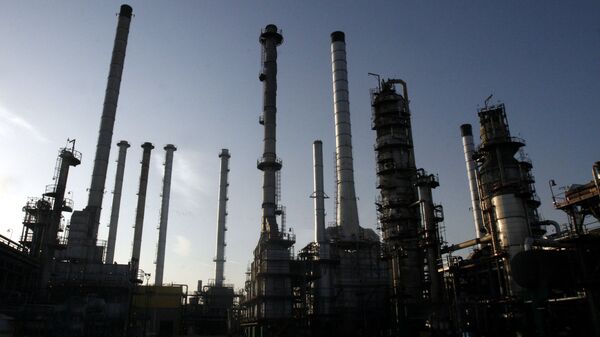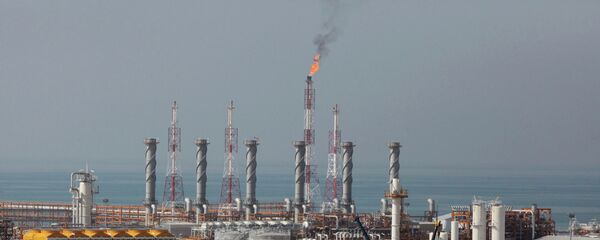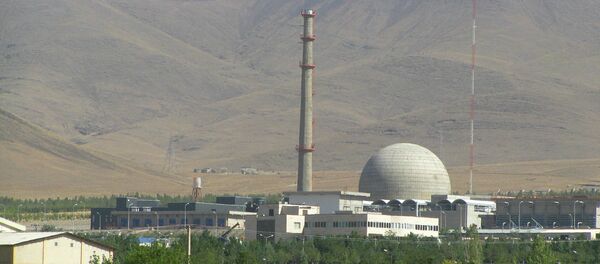Radio Sputnik's Loud and Clear spoke Monday with Hamed Mousavi, a professor of political science with the University of Tehran, about the impending trade barriers the US will enact on his country, most notably on the purchasing of Iranian oil — but also on the significant backpedaling the US has been forced to do since May.
However, the waivers granted are not indefinite: they last 180 days, to give countries more time to adjust to what the US still hopes will become the reality of zero Iranian oil exports.
From Iran's perspective, Mousavi said, this is a lifeline. Oil sales form the majority of the government's revenue, and their loss would reverberate throughout the Iranian economy. However, "it also provides perhaps an opportunity for negotiation between Iran and the United States, but that is something that we have to wait and see."
One of the key parts of that lifeline is Chabahar, a trinational port on Iran's southeastern coast that provides a regional link between Iran, India and Afghanistan and which keeps India, Iran's primary oil market, firmly on its side and against the US sanctions, Mousavi said. India applied for a waiver for trade at the port, which it's sunk billions of dollars into constructing and linking with the interior via rail, but Mousavi noted that the details of any waivers granted by the US haven't yet become known.
"We have to understand that sanctions really hurt ordinary people," Mousavi said, emphasizing that it's not just governments who get hurt when trade is barred. The professor noted that the riyal, Iran's currency, has lost over 70 per cent of its value since the US pulled out of the JCPOA in May.
However, Mousavi says that on the psychological front, US President Donald Trump's efforts are clearly failing. "I feel that a lot of Iranians are putting this blame on the Trump administration rather than on their own government, which I think is what the Trump administration is aiming for." This, he said, was because the US had so clearly gone against international law and international consensus in scrapping the JCPOA, which it did alone. The remaining signatories — the European Union, UK, France, Germany, Russia and China — elected to remain in the deal and continue trading with Iran, maintaining that they saw no proof that Iran had violated the deal, as the US claimed, by restarting the nuclear weapons program it gave up in 2015 to get sanctions dropped.




